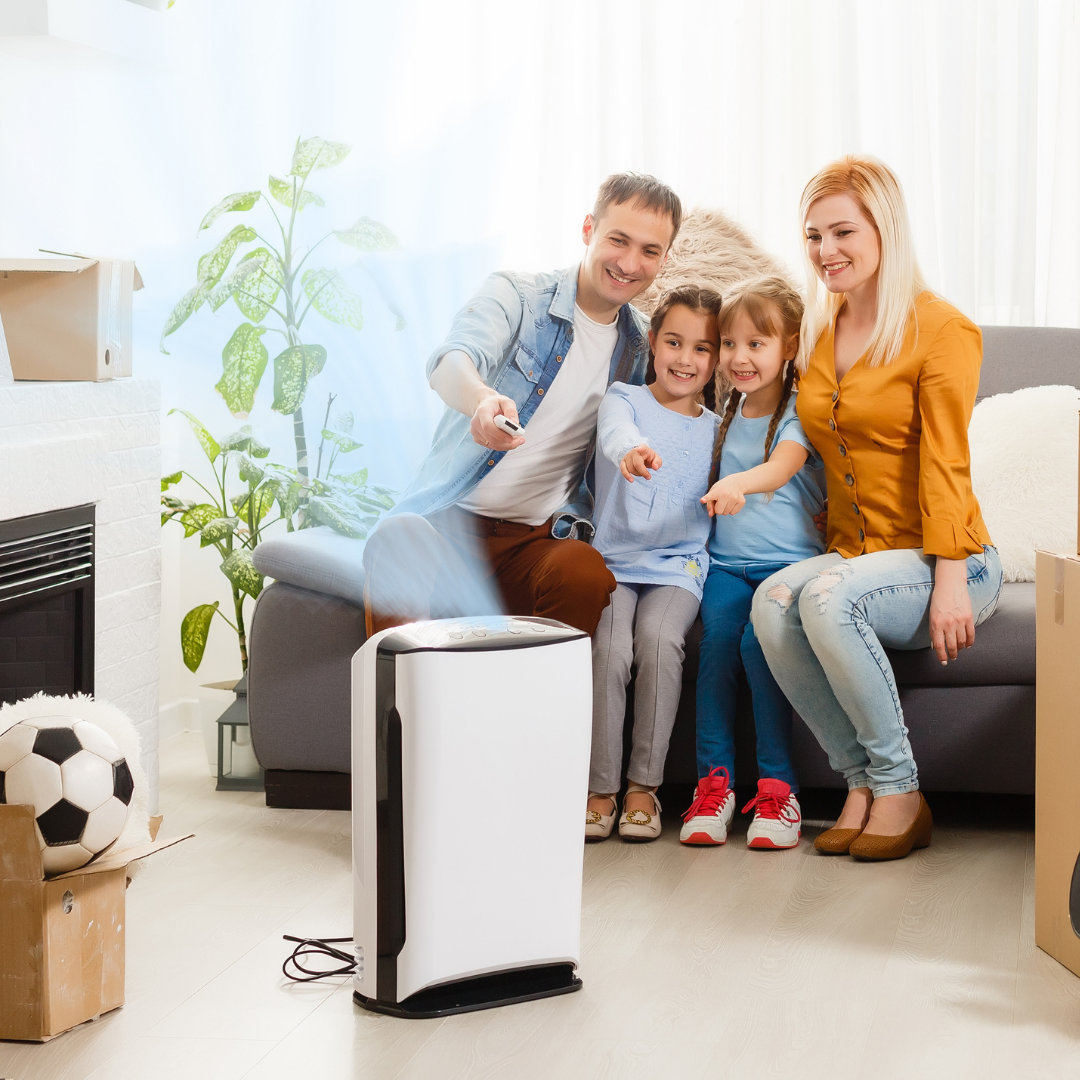How Effective Are Air Purifiers?
Home air purifiers are becoming more popular, partially as a result of rising concerns about the importance of air quality. Despite the fact that your house is built to give shelter, many of us are spending far more time indoors than previous generations. As a result, you may be exposed to more indoor particles and contaminants, which can cause or worsen respiratory illnesses.
Are air purifiers, despite their claims, a trustworthy option for removing indoor pollutants? The simple answer is yes, but only to a certain extent. Continue reading to learn more about how these devices operate and if they’re worth adding to your house.
HOW DO AIR PURIFIERS WORK?
Air purifiers effectively clean the air, which may include pollutants, viruses, and toxins. Essential oil diffusers and humidifiers, which add particles to indoor air, are the complete opposite of these devices.
Filters and air purifiers work in different ways. Air Purifier may also sanitize particles, whereas filters only remove them.
The amount of particles eliminated by an air purifier is determined by the kind you purchase. Filters are used in certain types to capture particles as air passes through them, while others may eliminate other particles in the air without filtering them first.
A negative ion generating air purifier is another alternative, since it helps to attract positive ion particles in the air and neutralizes them. The risk of ozone emissions is a downside of this alternative.
AIR PURIFIERS’ EFFECTIVENESS
The simple answer is yes; but, an air purifier is unlikely to remove or neutralize all of your home’s unpleasant pollutants. This is because numerous particles may settle on both soft and hard surfaces, like furniture, bedding, and carpets, as well as your walls.
To assist in getting rid of the particles listed below, an air purifier can be used in tandem with a filter and other methods.
Allergens
Allergens are particles that might cause allergic or asthmatic reactions in the immune system. Pollen, pet dander, and dust mites are just a few of the most prevalent allergens in the air.
A high-efficiency particulate air (HEPA) filter, which is best known for trapping airborne allergens, may be used in combination with an air purifier.
Mold
Indoor mold particles, like allergens, can be particularly harmful to persons with asthma and other respiratory problems. Air purifiers are useful to some extent, but filtration is considerably more efficient in removing mold from the air.
An air purifier with a HEPA filter, as well as lowering humidity levels in your house, would be ideal.
Smoke
Smoke in the air may be removed by air purifiers with filters, including smoke from landscape fires and tobacco smoke. Despite their effectiveness, air purifiers cannot completely eliminate the smell of smoke, and smoke stains on walls and ceilings may still occur.
Trying to filter smoke-filled air is preferable to quitting smoking. According to one study on air purifiers, these devices performed nothing to eliminate nicotine from indoor air.
Indoor Toxins
Your house might be a source of indoor toxins from cleaning chemicals, personal care products, and more, in addition to airborne allergens and mold.
These particles might become hazardous to your health if they live in the air. Indoor pollutants can be trapped by air purifiers, but the best approach to get rid of them is to minimize their use in the first place.
Benefits of an Air Purifier
While allergy and asthma prescriptions can help ease symptoms and prevent complications, air purifiers can help eliminate the source of your problems in the first place. There’s a possibility you’ll have less allergic reactions and asthma symptoms if you keep using it.
This isn’t a replacement for your meds, and it’s still important to keep these irritating particles out of your house in the first place. Before decreasing or discontinuing any drugs, always check with your doctor.
What They Won’t Work For
While air purifiers may help clean the air in your home, they are more effective in combination with a filter.
There’s also the purifier’s size to take into account. If you want cleaner air throughout your house, a bigger system works best. Otherwise, each room may require many smaller or portable purifiers.
Despite their potential benefits, air purifiers may be ineffective if you don’t also take additional efforts to improve your home’s air quality. They simply eliminate particles in the air; if these particles settle on your home’s surfaces, they won’t really work that much.
You may help keep hazardous particles out of your indoor air space by cleaning rugs, carpeting, and fabric furniture often. At a minimum, sweep these spaces once a week with a HEPA filter vacuum.
You can also replace the air filters in your HVAC system every 30 to 90 days, and check for any tell-tale signs that your air ducts are in need of cleaning.
Before purchasing an air purifier, you should do a home air quality test to determine whether you need one or you just need a thorough cleaning of your HVAC.


